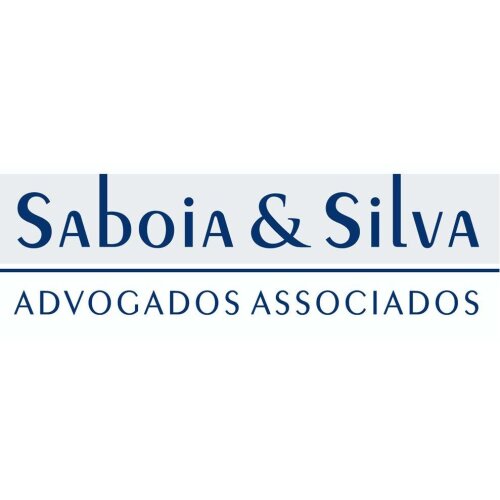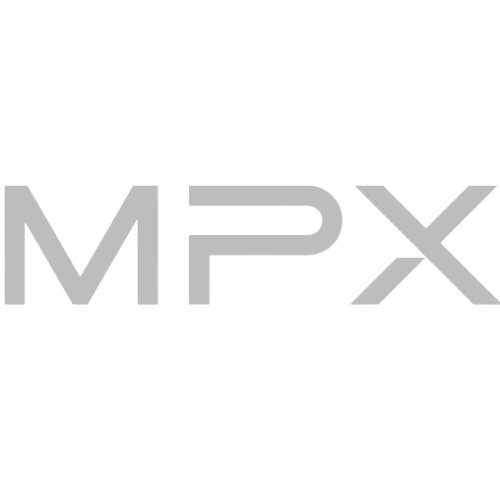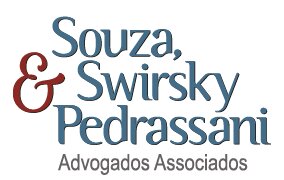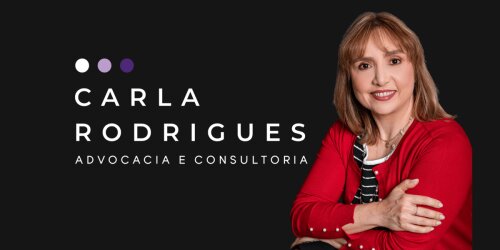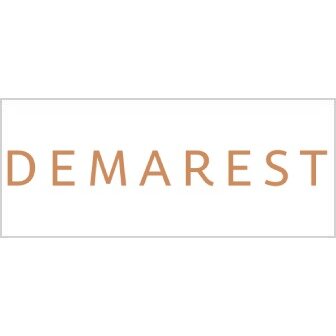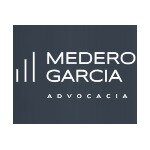Best FDA Law Lawyers in Brazil
Share your needs with us, get contacted by law firms.
Free. Takes 2 min.
Or refine your search by selecting a city:
List of the best lawyers in Brazil
About FDA Law in Brazil
FDA Law in Brazil refers to the complex set of legal norms, regulations, and procedures related to the control of food, pharmaceuticals, medical devices, cosmetics, and other products impacting public health. Unlike the United States, Brazil does not have an “FDA” but its counterpart is the Agência Nacional de Vigilância Sanitária (ANVISA) - the Brazilian Health Regulatory Agency. ANVISA enforces health and sanitary regulations to ensure that products are safe for human use and consumption within Brazil. Brazilian FDA Law covers product registration, labeling, clinical trials, marketing authorization, import and export control, inspections, recalls, and other compliance measures.
Why You May Need a Lawyer
Navigating FDA Law in Brazil can be complicated due to the technicalities, language barrier, and frequent regulatory changes. Common situations where legal help may be essential include:
- Registering a new food, drug, cosmetic, or medical device product with ANVISA
- Ensuring product compliance with Brazilian standards for ingredients, labeling, and advertising
- Responding to regulatory inspections or defending against administrative infractions
- Importing or exporting regulated products to or from Brazil
- Understanding and complying with clinical trial regulations
- Handling product recalls or adverse event reports
- Drafting contracts with manufacturers, distributors, or research partners
- Protecting intellectual property associated with regulated products
- Negotiating with regulatory authorities for waivers, appeals, or sanctions
Having an experienced lawyer ensures you comply with all legal requirements, prevent costly errors, and efficiently resolve any disputes involving FDA-regulated products in Brazil.
Local Laws Overview
Some of the most important aspects of Brazilian FDA Law include:
- ANVISA Registration: Most food, pharmaceutical, cosmetic, and medical device products must be registered with ANVISA before being imported, manufactured, or sold in Brazil. The process is detailed and documentation-heavy.
- Labeling and Advertising: Labeling requirements are strict regarding language, nutritional information, ingredients, and warnings. Advertising of pharmaceuticals and some other products is highly regulated to prevent misleading claims.
- Clinical Trials: Conducting clinical research in Brazil requires compliance with ANVISA regulations, ethics committee approval, registration on national platforms, and adherence to Good Clinical Practice (GCP).
- Inspections and Sanitary Control: ANVISA conducts regular inspections of manufacturing sites and imported shipments. Unsatisfactory findings may lead to product seizure, fines, or business suspension.
- Import and Export Control: Specific licenses and certifications are required for cross-border trade of FDA-regulated products.
- Recalls and Adverse Events: Companies must report adverse effects and may be required to conduct recalls if their products present health risks.
- Local Agent Requirement: Foreign companies must have a registered legal representative (“local agent”) in Brazil to handle regulatory matters.
Understanding these requirements is vital for safe and lawful operation within the Brazilian health products market.
Frequently Asked Questions
What is ANVISA and how does it differ from the US FDA?
ANVISA is Brazil’s national health surveillance agency responsible for regulating health products, similar to the FDA in the United States. ANVISA operates under specific Brazilian laws and procedures, which may differ significantly from US federal regulations.
Who needs to register products with ANVISA?
Any person or company intending to import, manufacture, market, or distribute regulated products such as food, drugs, cosmetics, or medical devices in Brazil must complete the appropriate registration process with ANVISA.
What documentation is needed for product registration?
Documentation typically includes technical files, safety and efficacy studies, manufacturing information, product labeling, certificates of Good Manufacturing Practice, and proof of payment of applicable fees.
How long does ANVISA product registration take?
The timeline can vary widely depending on the product category and completeness of the submission. It can take from six months to over a year for pharmaceuticals or novel medical devices, while simpler products may be processed faster.
Is local representation required for foreign companies?
Yes, foreign manufacturers must appoint a legal representative or “local agent” based in Brazil to liaise with ANVISA, handle regulatory submissions, receive notifications, and represent the company in case of compliance issues.
What happens during an ANVISA inspection?
Inspections involve review of facilities, production practices, documentation, and compliance with sanitary regulations. Failure to comply may result in penalties, suspension, or product recalls.
Are there language requirements for labels and submissions?
Yes, all product labeling, instructions, and regulatory submissions must be in Portuguese, Brazil’s official language.
Can I market a health product in Brazil without ANVISA approval?
No. Marketing regulated health products without ANVISA approval is illegal and can result in significant sanctions, including product seizure and heavy fines.
How are recalls managed in Brazil?
If a product is found to present health risks, companies must notify ANVISA and start a recall process according to agency guidelines, ensuring public notification and tracking of affected lots.
Can foreign clinical trial data be used in Brazil?
Foreign clinical trial data may sometimes be accepted, but Brazilian authorities often require local trials or additional evidence to confirm safety and efficacy for the local population. Approval is case-specific.
Additional Resources
If you need more information or assistance regarding FDA Law in Brazil, consider consulting:
- Agência Nacional de Vigilância Sanitária (ANVISA)
- Ministério da Saúde (Ministry of Health)
- Brazilian Pharmaceutical Industry Associations (e.g., Sindusfarma)
- National Institute of Metrology, Quality and Technology (INMETRO) - for medical devices
- Official legal journals and government publications related to health regulation
- Law firms and consultants specialized in life sciences and regulatory compliance
Next Steps
If you require legal assistance or guidance with FDA Law in Brazil, consider the following actions:
- Clearly define your objectives - such as product registration, resolving a compliance dispute, or expanding into the Brazilian market
- Gather all relevant documents, product information, and previous correspondence with regulatory agencies
- Research and contact a lawyer or firm specializing in FDA Law and regulatory affairs in Brazil
- Request an initial consultation to evaluate your case, potential costs, and timelines
- Follow your lawyer’s instructions to ensure all procedures and documentation comply with Brazilian requirements
Starting early and involving a legal professional with experience in Brazilian FDA Law can save time, prevent regulatory setbacks, and help you successfully achieve your business objectives.
Lawzana helps you find the best lawyers and law firms in Brazil through a curated and pre-screened list of qualified legal professionals. Our platform offers rankings and detailed profiles of attorneys and law firms, allowing you to compare based on practice areas, including FDA Law, experience, and client feedback.
Each profile includes a description of the firm's areas of practice, client reviews, team members and partners, year of establishment, spoken languages, office locations, contact information, social media presence, and any published articles or resources. Most firms on our platform speak English and are experienced in both local and international legal matters.
Get a quote from top-rated law firms in Brazil — quickly, securely, and without unnecessary hassle.
Disclaimer:
The information provided on this page is for general informational purposes only and does not constitute legal advice. While we strive to ensure the accuracy and relevance of the content, legal information may change over time, and interpretations of the law can vary. You should always consult with a qualified legal professional for advice specific to your situation.
We disclaim all liability for actions taken or not taken based on the content of this page. If you believe any information is incorrect or outdated, please contact us, and we will review and update it where appropriate.
Browse fda law law firms by city in Brazil
Refine your search by selecting a city.




